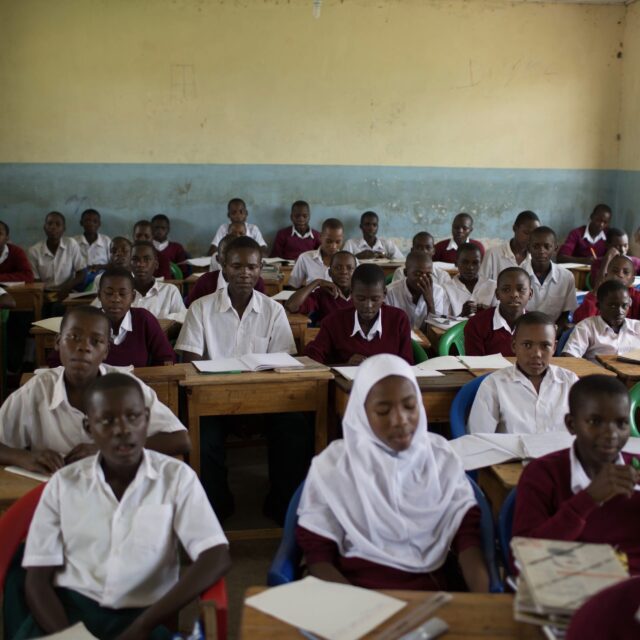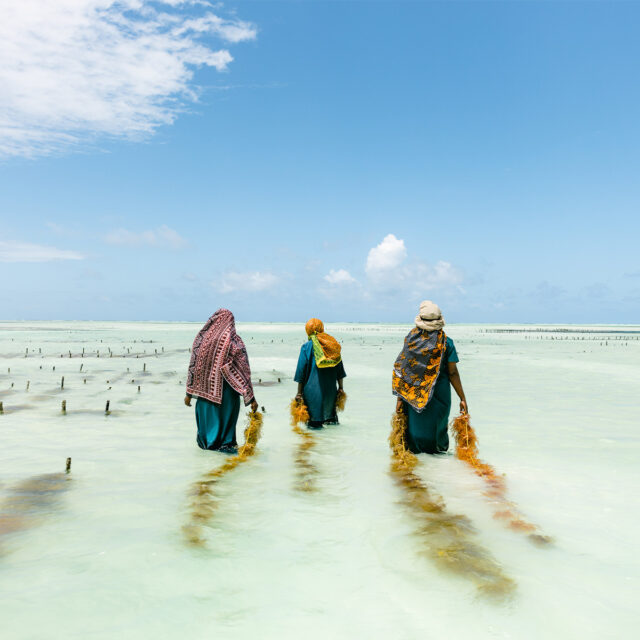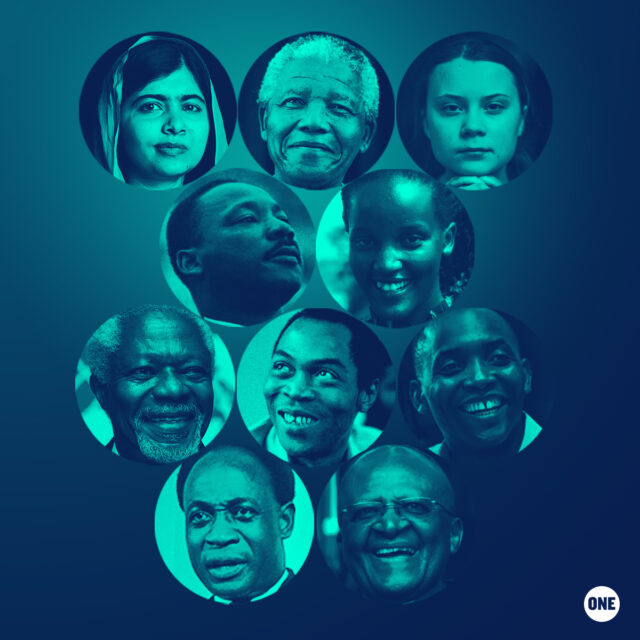To celebrate Africa Youth Month, ONE Champion Felix Brian Onyango is sharing how leaders in Africa can capitalize on youth power and opportunities.
Effects from COVID-19 are further removing young leaders from opportunities to engage in meaningful COVID-19 response mechanisms and decisions due to social distancing and stay at home orders. According to Ashley Law, a youth specialist with International Foundation for Electoral systems, in her publication,“How to boost youth political participation during COVID-19” published in May this year, we see this even more so, in the developing world.
Youth specialist in International Foundation for Electoral systems in her publication “How to boost youth political participation during COVID 19 ” in May this year postulates that where school closures are causing huge learning gaps for children and young people who are proactively learning about democratic principles through formal, school-based civic education programs. Experience at home and abroad shows that engaging youth in the neighbourhood, community, and in national development yields an opportunity to harness their energy, enthusiasm, skills, and innovative ideas to increase economic growth, foster social stability, improve civic participation, and ensure healthier, more educated and productive societies.
Across the continent of Africa, there has been an upsurge of youth-led movements including in Sudan and Tunisia, that led to the ouster of ICC indicted leaders Mohammed Bashir and Ben Ali, that have underlined the capacity of young people to be politically conscious and act as a peaceful positive force.The demand for recognition of the right of young people to be heard, to have their views validated, and to play an active role in promoting their own best interests is far from universally respected. This demand represents a profound challenge to traditional attitudes towards young people in most societies throughout the world. Throughout history, young people have actively sought to bring social, political, and economic change to their countries.
Besides, youth agendas are set by adults who hold dissenting opinions and focus on young people’s shortcomings and problems rather than invest in youth’s potential as a positive agent of change. Many governments in Africa are very strict, often making it dangerous to speak out. In Uganda, a man who once criticised other leaders for overstaying their welcome, now seems determined to remain in power indefinitely after President Yoweri Museveni removed constitutional and age limits and will contest for a sixth term in elections in 2021. Opportunities for young people to participate in crucial decision making that is crucial to development are often limited, tokenistic, or even non-existent due to capacity constraints, restrictive social attitudes, and weak institutional structures that inadvertently prevent young people from fulfilling their potential as agents and advocates for change. This limits programme effectiveness and leads to public policies that inadequately address youth needs.
The implementation of the African Union’s Africa Youth Charter, which was signed in Banjul, in Gambia in 2006 to protect the rights of young people, , has been patchy and inconsistent. The Charter seeks to ensure the constructive involvement of youth in the development agenda of Africa and their effective participation in the debates and decision-making processes in the development of the continent. The Charter sets a framework to enable policymakers to make youth issues mainstream in all development policies and programmes.
In its 2017 report on Evidence-based Policy Making for Youth Well-being, OECD shared that 1.2 billion people globally are today’s youth population aged between 15-24 representing the largest cohort ever to enter the transition to adulthood. Close to 90% of these young people live in developing countries, and the numbers will practically double in the least developed countries. Young people are today’s and tomorrow’s wage earners,entrepreneurs, educators, innovators, health professionals, political leaders, and civic leaders. They are vital to economic growth and well being, but their voices are often underrepresented in decision making. As young people make up a significant percentage of the population, this should be reflected in the composition of the structures that make decisions.
The COVID-19 pandemic has highlighted the urgency of more inclusive governance through youth participation. They have the ability to adapt and respond quickly to an emerging crisis situation; and their networks have the requisite digital skills, gender equality, and facilitation knowledge necessary to rapidly intervene where their communities need it most. Moreover research from a Joint Inter-Agency Standing Committee involving IFRC, IOM, UNHCR, and WHO on COVID-19 response in humanitarian situations supports this reality and they recommend that one of the primary tactics to combat the spread of the virus in vulnerable communities must be to engage local youth and youth networks.
The topics important to young people are as diverse as young people themselves. Although the topics important to youth can be endless, the key issues according to the OECD report from 2017 include national youth policies, poverty-reduction strategies, education strategies, adolescent sexual and reproductive health strategy, employment strategy, rights framework, and gender policy.
Unfortunately, policy-makers neglect to inform young people on the decisions being made.Young people are objectively informed of policies decided by adults. As much as the youth’s role is passive, they still take part in the policy-making process as stakeholders who need to be informed. These are inactive consultations, as young people are viewed as partners in setting the agenda but have no influence on the outcome.
A joint report in August 2020 on Greater Inclusion on African Youth in Public Service and Governance by the Africa Leadership Institute and African Union Youth Envoy 2020 found that current leaders are not leveraging the vast talent pool of young Africans to help them co-create solutions to some of Africa’s most pressing challenges and help them deliver on their mandates to their people. Hence there is a need to bring young people into existing governance structures so that they can begin to understand how policy is crafted and implemented to ensure its continuity in the future. Kenya, I’ve observed, has enabled youth inclusion in public service that has facilitated intergenerational learning even if only for a short while through youth internships and advisory programmes. However, for these programmes to run optimally and sustainably, they require strong institutional leadership, an enabling environment, clear mandates and targets, investing in quality induction and training ,and well-functioning recruitment and data capture systems to ensure that both parties are able to contribute meaningfully.



